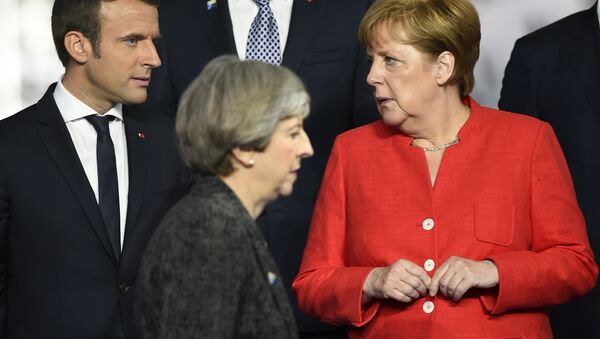Britain has lost its position as the world’s fifth largest economy to France, according to official IMF GDP forecasts which placed the British economy in sixth place at US$2.565 trillion behind France’s US$2.575 trillion.
The change signals a significant shift within the balance in Europe in terms of the economy, according to Dr. Paul Smith Associate Professor in French and Francophone Studies at the University of Nottingham.
"It suggests the changes being made under previous French administrations and Macron are beginning to have an impact and are leaving Britain behind."
Since the result of the referendum on Britain’s membership of the EU in June 2016, France has stepped up its efforts to court businesses centered in the City of London and siphon off parts of the financial services industry that are likely to migrate to the European continent as the nature of the UK's future relationship to the EU remains unclear, the academic explained.
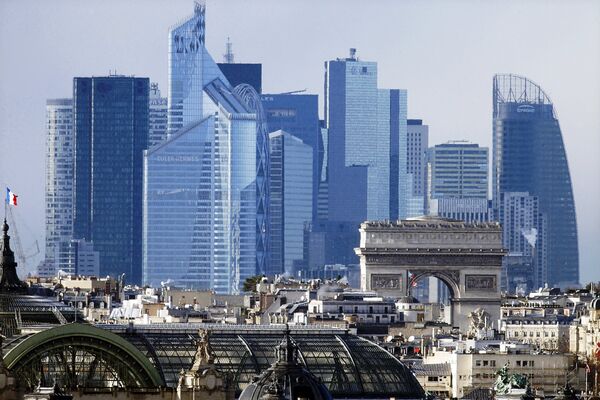
President Macron's corporate taxation cuts in his first national budget presented in October 2017, under which business is set to be taxed at 25% by 2022 rather than 33% currently, were particularly calculated to attract foreign and multinational corporations facing higher taxes or uncertainty elsewhere, Dr. Smith pointed out.
"What the French have been doing particularly under Macron, has been to encourage big companies to move their operations to Paris, certainly talking to banks in the City of London who might be convinced to move to Paris, and showcasing it as a place which would be attractive for them, that is very much part of his agenda. Macron is a former banker and he knows how to talk to big business."
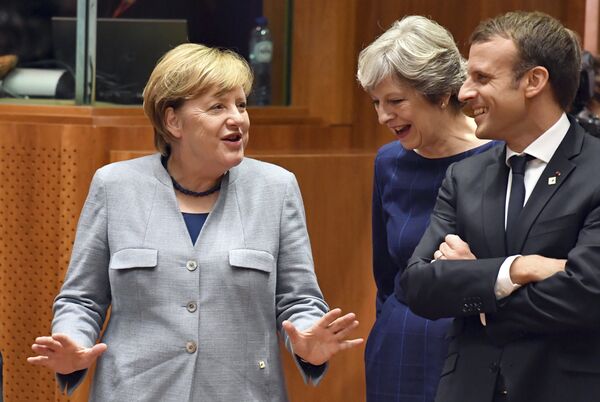
France Ready to Fill British Vacuum
The possibility of Paris challenging London's supremacy at the peak of European finance appeared to receive another boost on November 22. As German Chancellor Angela Merkel's efforts to form a coalition government floundered, Mr. Macron has for the moment become the most prominent elected national leader in the bloc.
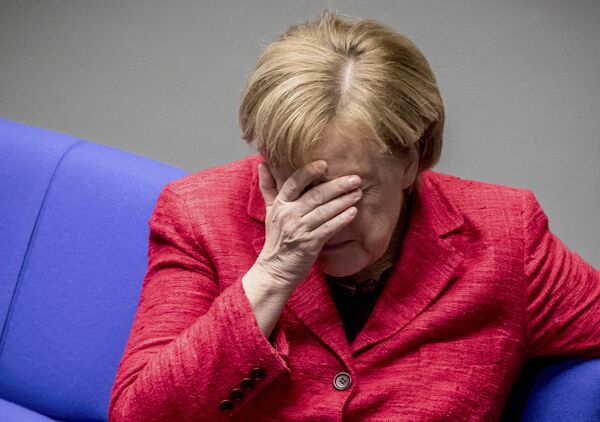
Dr. Smith added that the continuing uncertainty over the process of Brexit is weakening confidence in the UK’s economic resilience further boosting French efforts to at least partially fill the vacuum to be left in Europe by its exit.
"France is benefiting from being within the eurozone in a way that Britain never did of course, because it was never in it. The level of confidence in the British economy is rather weak compared with France within the eurozone," Dr. Smith explained.
EU Banking Hub to Set Up in Paris
On November 21, Paris also won the vote among 27 of the European Union’s member states to take the EU's Banking Authority (EBA) away from London in the first concrete sign of the damage the Brexit process may inflict on the British capital’s position as a global financial hub.
Paris will be the new location of the European Banking Authority
— EU2017EE (@EU2017EE) 20 November 2017
Background info on the relocation of the UK-based EU agencies: https://t.co/MasW1n0Goh pic.twitter.com/mG22rNQFIs
The French capital early on edged out the predicted winner of the vote, the German financial center Frankfurt, ultimately beating the Irish capital Dublin by drawing lots after a 13-13 draw to win the coveted financial prize in what was widely being seen as a victory for President Macron and his "pro-business" governing platform.
Britain's Secretary for Exiting the EU David Davis angered a number of his European counterparts by suggesting in the past that the agencies' relocation from London after Brexit was not a foregone conclusion and would be subject to negotiation.
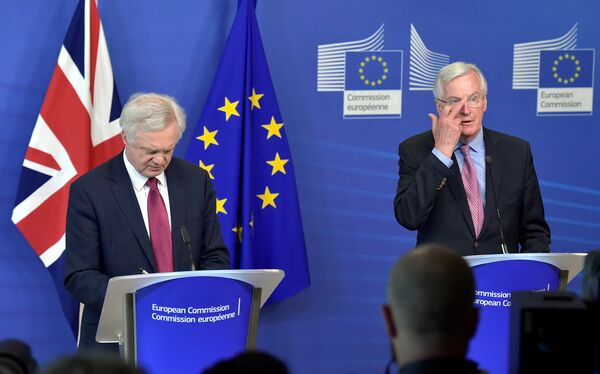
Brussels had been anxious to ensure that the clearing of euro-denominated derivatives remains under its supervision after Brexit takes place in March 2019.
The US$861 billion (£650 billion) clearing industry is currently centered in the British capital. Paris has been particularly active in lobbying to prevent euro-trading being done outside the eurozone so as to capture the market for itself and exclude the UK. While the possibility of joint-regulation of the industry between London and Brussels had been floated, efforts to agree on regulatory systems acceptable to the EU have not been successful.
The banker-turned politician has long called for the Eurozone to develop its own uniform budgetary policy, enabling it to borrow and lend money in its own right and is widely seen as a champion of deeper European integration.

